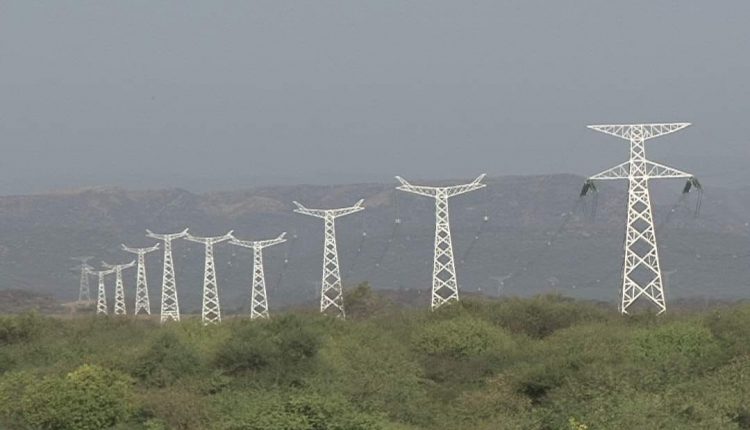The Board of Directors of the African Development Bank Group (AfDB) on Wednesday,
September 13 approved $104 million in financing to the Ethiopian government for the financing of a transmission project.
The financing will include a $52 million grant from the African Development Fund, the Bank Group’s concessional lending arm and a $52 million soft loan drawn from Korea’s Economic Development Cooperation Fund under the Korea – Africa Energy Investment Framework
Agreement.
The AfDB approved the funding to help improve power supply in the eastern part of the
country.
The agreement was signed in June 2021 between the AfDB and the Government of the Republic of Korea with the main objective of contributing to sustainable economic and social
development and promoting economic cooperation in African member countries.
The project is expected to improve access to clean, reliable electricity supply by increasing the
capacity of the power grid in eastern Ethiopia.
“Improving the power grid in the east of the country will address brownouts and load shedding in the region, connect more industries and households to the electricity network, and eliminate the use of diesel generators, which currently provide a basic electricity supply,” Batchi Baldeh-Director of Power Systems Development of the Bank.
AfDB to Boost Agriculture
Additionally, the project will facilitate the launch of the government’s regional agricultural
irrigation programme targeting 462,174 hectares currently under design, which is key to tackling the region’s food-security challenge as well as providing adequate fodder for livestock.
The project which will involve the construction of 157 kilometers of 400-kilovolt double-circuit
transmission lines and associated substations at Harar, Jijiga and Fafem will also boost the
power transfer capacity in the eastern part of Ethiopia.
Further, the project will serve as a take-off point for future power interconnection to the Federal Republic of Somalia and contribute to the Horn of Africa Regional Initiative helping to address the drivers of fragility and conflict and facilitate regional economic integration and
trade.
At the same time, the project promises substantial benefits for commercial and industrial operators. It will provide opportunities to 200 students with a commitment to including at least 40% girls for six-month placements during the construction phase, thus facilitating hands-on learning and experience.
Additionally, the initiative will deepen its investment in education by providing 30 students,
including a minimum of 50 percent girls in the region with grants to attend training courses in
the energy sector


